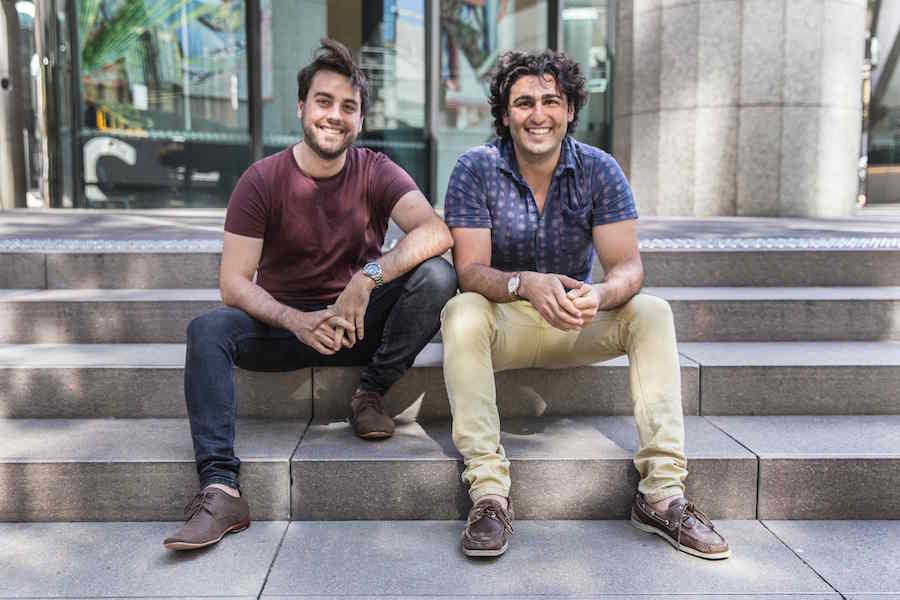Much discussion has been had by both major sides of politics over the last few weeks about STEM (Science and Technology, Engineering and Mathematics) subjects needing greater focus within Australian schools.
When it comes to mathematical education specifically, what’s lacking is real-world maths being taught in schools.
Real-world maths would teach kids about managing income, taxes, loans and all the other financial issues individuals face once they leave the safety of school and are no longer under the care of a guardian.
Ideally, this particular type of education should take place both at school and also within the home.
Earlier this year, Startup Daily wrote about a Wellington-based startup Banqer, an online platform that facilitates the teaching of financial education in the classroom in a fun and engaging way, creating a virtual ‘classroom currency’. Children are given their own bank accounts and get a rich understanding of what it means to be in charge of their own personal finances.
In addition to this, teachers create ‘modules’ to allow students to transact with other students in the classroom. The platform also allows students to take out and pay back loans and pay tax. Banqer is seeing a significant amount of traction across New Zealand schools.
Two former players in the financial sector, Mario Hasanakos and Alex Badran have taken a different approach to a similar concept with their yet-to-launch startup Piggy.
Hasanakos, who has spent the last seven years in investment banking, and Badran, who just recently graduated from University of Sydney with a PhD in Mathematics, founded the company with the goal of helping kids to grow up with a healthier relationship with money through technology and education.
The Sydney-based startup acts as a digital ‘piggybank’; providing a pre-paid debit card to 8 to 18-year-olds, with their bank account account easily monitored through a custom mobile banking app that parents and children use together. Essentially, the children get the card and the parents get the control.
“We wanted to create the simplest, safest and smartest way for families to teach young people about money, and via real-world practice, help parents teach their kids financial literacy,” says Hasanakos.
Aside from the prepaid debit card, Piggy’s features include reliable pocket money, real-time transactions, instant top-ups and the ability to set savings goals as well as lock cards on demand. The co-founders say kids are empowered to make their own real-world spending and saving decisions. In terms of monetisation, the startup plans on charging a direct fee to parents.
It will be interesting to see if that particular revenue model works effectively and keeps parents engaged enough to continue using the platform. I also question the target age group; 8 to 14 seems reasonable, but after that, kids are usually earning their own money with part-time jobs and become less reliant on parents for pocket money.
The startup is one of the 41 companies selected by Stone & Chalk, Sydney’s newest FinTech hub. It was also part of the the competitive H2 Ventures (formerly AWI Ventures) accelerator programme earlier this year.
Although Piggy does not plan to go live until early 2016, the startup is already gaining a significant amount of local traction with over 1,400 families committing to using the product via pre-signups on the Piggy landing page. Financial education and forming good money habits is clearly something many Australian parents think about.
“This is an education product, not a bank account alternative,” Badran explains. “Financial success is earned and it is [a parent’s] responsibility to educate their children about financial matters.”
“Financial issues are the number one cause of stress and anxiety amongst Australian adults. If we can help families teach their kids to be responsible and comfortable with money from an early age, we can go a long way to helping the next generation live happier lives.”
Featured image: Mario Hasanakos and Alex Badran. Source: Provided.




















Trending
Daily startup news and insights, delivered to your inbox.